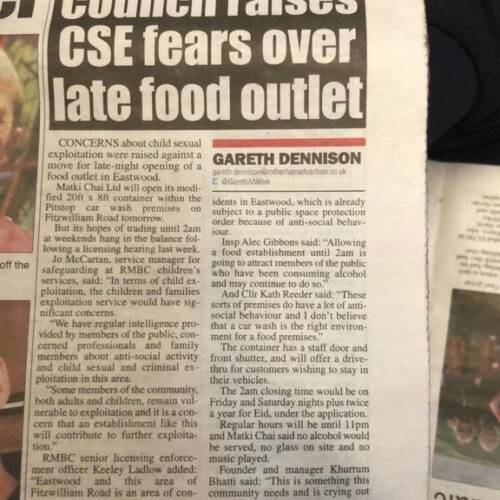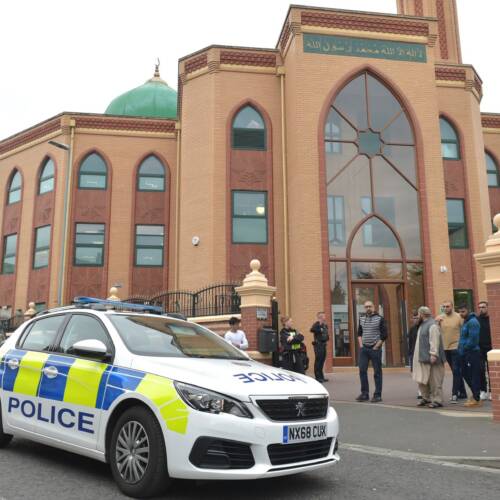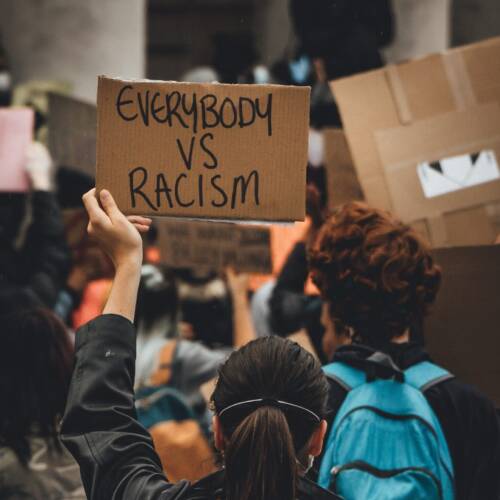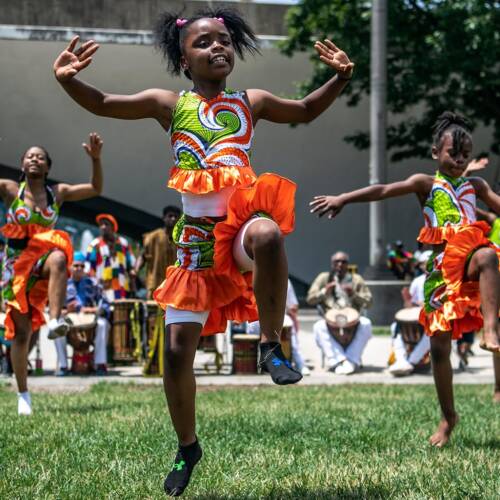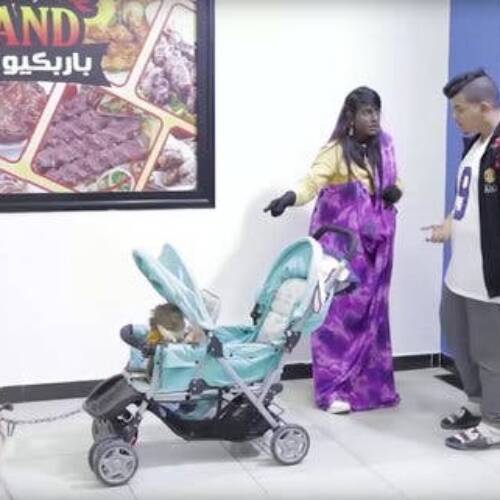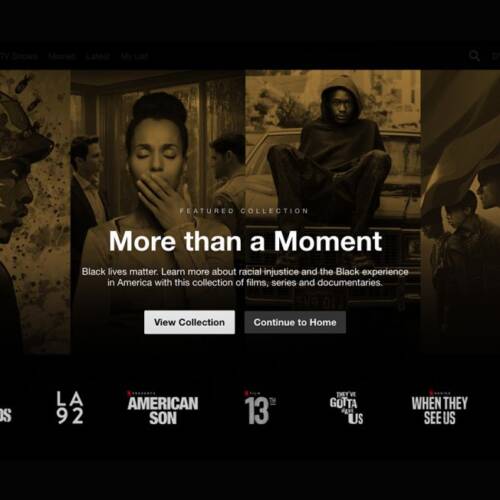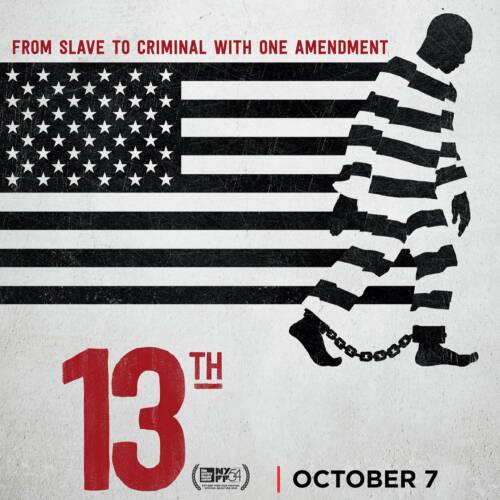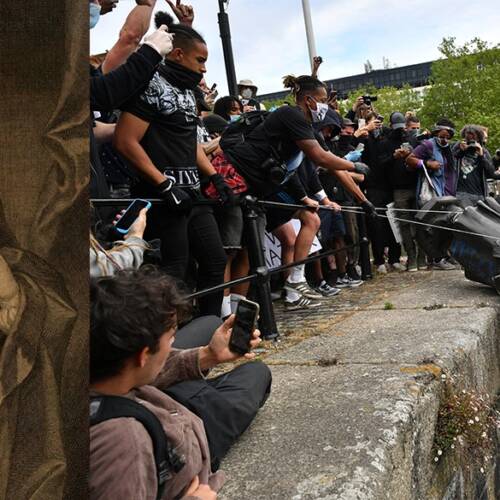
‘When They See Us’: Review – A Crucial Tale of a Broken System
04 Jun 2020In the chain of racial injustice that has culminated in the current climate of U.S politics, Director Ava DuVernay’s four-part miniseries is a substantial bookmark to the overall understanding of America’s criminal justice system and how race is central to all aspects of it. When They See Us bases itself on the events of, and preceding, the Central Park jogger case in which five young, African American teenage boys are falsely accused of the assault and rape of a woman. Although collectively referred to as the Central Park Five, the individual accounts of Antron McCray, Kevin Richardson, Yusef Salaam, Raymond Santana and Korey Wise illustrate the different dimensions of the same painful story for Black America.
The director covers quite some ground in the narrative of events, taking us from 1989 when the incident occurred and finishing in 2002 at the time of which all five individuals have been cleared of their charges. All four episodes are of equal importance in showing how not one part of America’s justice system, but all facets of the institution are tainted with prejudice and hardship for its victims. Although clearly a distressing reality, this does not and should not overshadow the need for it to be shown.
One of the most striking moments of the first episode arrives when the father of one of the boys pleads with his son to make a confession, in fear that he will face more brutal consequences at the hands of the police if he doesn’t comply. This moment, along with a harrowing and lengthy scene of interrogation illustrates the unjust claustrophobia of an institution that bleeds entrapment. Korey Wise, who wasn’t even on the initial list of potential suspects, simply accompanies his friend, who has been listed, to the police station. This evolves into his indictment.
A fittingly cold face to place on a callous criminal justice system, the head of the DA’s sexual crimes unit, Linda Farstein, is a key individual for the first two episodes in showing how a narcissistic unit can produce systematic ramifications. She decides to construct her own prejudice narrative during the second episode that is contrary to the fact that no direct evidence linked either of the teenagers to the crime, along with zero eye-witness accounts that support her personal convictions. The judges during
the trial are mostly indifferent to this.
The third episode takes us through the difficult lives of four of the boys, now men, after their prison sentences finish. Their strenuous adjustment to their now changed families and neighbourhoods reminds us how easy reincarceration can be as they struggle to find jobs and a comfortable life after prison. A most significant utterance by a barber, “once they got you, they keep you”, is a testament to how convicted felons can be stuck in dangerous cycle of crime and punishment, perpetuated by self-fulfilling prophecies and internalised labels.
We focus on the events of Korey Wise’s time in prison in the final episode, as the director, although possibly rushing through scenes in an effort to cover all 14 years of his time incarcerated, is successful in depicting a prison system that is riddled with corruption and brutality. Wise was the only member of the five boys to spend time in an adult prison, being 16 years old at the time of his sentencing. An emotional account of Wise’s difficult time in prison is endured with violence and hallucinations that further unpick the dynamics of prison and his family. We are also painfully reminded of the fact that, whilst the NYPD were targeting and tormenting the Central Park Five, the real assailant was strolling through the park covered in blood and free.
In commencing the story, the director keeps the celebrations brief, almost to show that there simply isn’t enough time to celebrate in the long chain of police injustice to African Americans. Constituting just 13% of the United States’ population, they nevertheless constitute 47% of the 1,900 exonerations listed in the National Registry of Exonerations (as of 2016). This story is important, but still just one piece of the wider struggle that African Americans are faced with.
In the context of current events that now dominate the U.S, When They See Us is fundamental to seeing how the system needs fixing and just how widespread the injustice really is. George Floyd’s murder has shown us how the conduct and overarching philosophy of the police is in desperate need of change. When They See Us pays homage to that sentiment, but also tells us that it’s not just that facet of the system that needs change, but the courts, prisons, press and the people that populate these institutions that need to be drastically reformed and improved.







